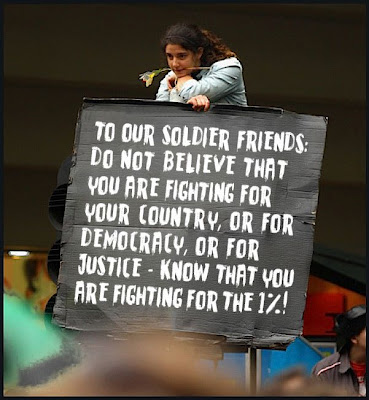Super power like USA begins to end its occupation in Afghanistan. Still 9,800 US troops remain in Kabul, 1,500 personnel in Iraq, 16,000 in Indonesia, with 200 ground troops in Pakistan. Military supremacy is harmful to humankind. Like the USA, the then Soviet Union invaded Afghanistan in 1978 and lost its territorial integrity in the long run. After imposing all-out warfare over a peaceful Bengalese, Pakistan lost its Eastern part in the liberation war staged during the year 1971.
By Shamsul Basunia
After World War II the United States of America created the most extensive network of military bases ever, allowing for the deployment of air and naval forces in different countries. No military in the history of the world has been more widely deployed as that of the USA. Currently, it has military personnel deployed in about 150 countries.
According to different statistics, 15,000 US troops are deployed in Israel to carry on the Tel- Aviv torturous campaign against Palestinians. 6,000 US service men have headed to Jordan for joint military drills. In Seoul, US-South Korea joint military maneuvers make a way to tension in that region. North Korea and China are repulsed by this event that aggravates the already problematic situation. President Barrack Obama sends 5,000 troops to Thailand also for joint military drills and amasses 2,500 US service personnel in Darwin, Australia. Four hundred US soldiers are set to be deployed to Egypt at this tense moment to quell the opposition’s agitation.
Progressive presidents sought to impose order on the world, and especially to find markets for US products. For example, Roosevelt believed that a world power such as the United States was obliged to maintain global peace. He brought Russia and Japan together to sign a treaty in 1905 that ended Russo-Japanese War and gave Japan rights in Korea. Roosevelt also supported expansion of U.S. influence abroad.
Woodrow Wilson, an idealist and humanitarian, disliked imperialism and rejected dollar diplomacy. He hoped to establish benevolent relations with other nations and wanted the United States to serve as a force for good in the world. However, in 1913, the United States landed marines in Nicaragua to ensure that its choice for Nicaraguan president would remain in power.
The Wilson administration then drew up a treaty with Nicaragua that reduced the country to virtual dependency. In addition, U.S. troops occupied Haiti in 1915 and the Dominican Republic in 1916. American business interests continued to prevail in Latin America.
Historians debate the impact of progressivism at home and abroad. Some criticize the progressives’ desire for order and control, their reluctance to criticize capitalism, and progressivism’s coercive or restrictive side. Big business, critics contend, eluded progressive regulations. Other historians applaud progressive initiatives and find in them precedents for New Deal measures of the 1930s.
According to more favourable interpretations, progressivism expanded democracy, challenged the close alliance of government and business, considered the public interest, and protected some of the more vulnerable Americans.
Above all, progressivism changed American attitudes toward the power of government. In 1917 Americans turned their attention from domestic concerns to foreign affairs as the United States became involved in World War I.
Looking at the current state of affairs generally, and seeking root causes, one thing stands out – military supremacy is harmful to mankind.










